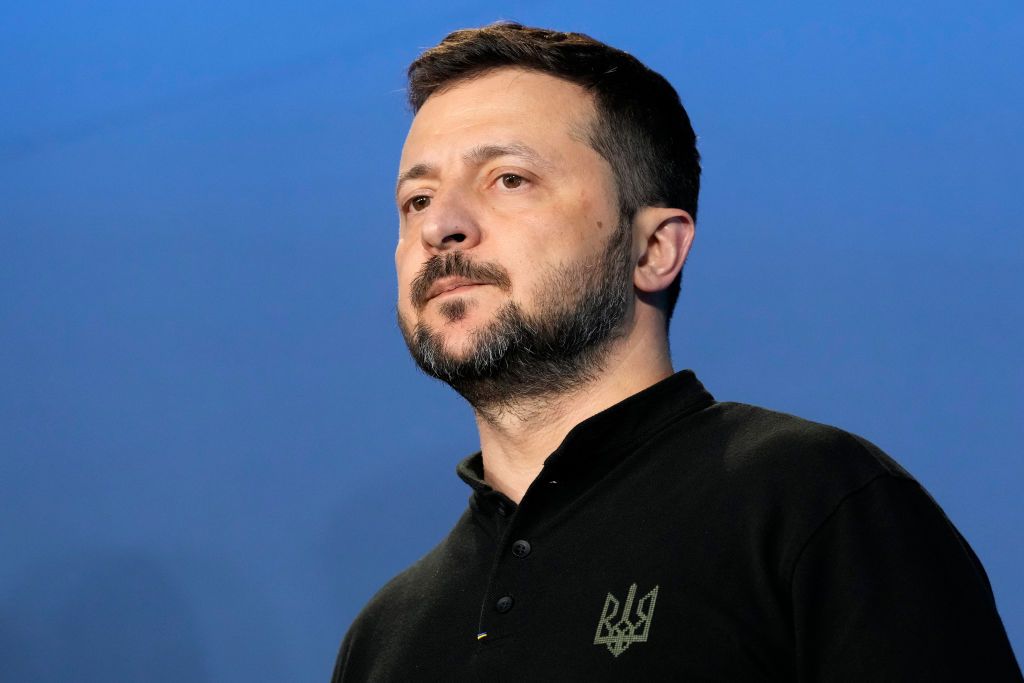Summarize this content to 2000 words in 6 paragraphs
Ukraine believes that the partial ceasefire for the Black Sea and energy infrastructure strikes should take effect on March 25, President Volodymyr Zelensky told journalists.Zelensky’s position is at odds with Russia’s March 25 statement that the Black Sea ceasefire would take effect only after Western sanctions on Russian food producers and exporters are lifted.The statement came after two-day talks in Saudi Arabia, during which Ukraine, Russia and the U.S. agreed to implement a ceasefire in the Black Sea and a ban on strikes against energy infrastructure.Zelensky said that Defense Minister Rustem Umerov had asked the U.S. when the partial ceasefire deal could come into effect.”We believe that, after Washington makes two official statements… the ceasefire in the sea and the energy ceasefire must come into effect, in (the Americans’) opinion,” Zelensky said. “Undoubtedly this depends on orders given by the presidents to their military forces.” Washington has also vowed to help restore Russia’s access to the world market for agricultural and fertilizer exports, lower maritime insurance costs, and enhance access to ports and payment systems for such transactions.Zelensky sees this move as sanctions relief for Russia. He said that Ukraine does not know the details because it was discussed at the U.S.-Russia talks.”We didn’t want it to be in the general document. Because this is a weakening of positions and sanctions,” the president added.He also said that Ukraine can turn to the U.S. in case the ceasefire is violated by Russia.According to Zelensky, Kyiv handed over a list of energy facilities that Moscow should not strike during the ceasefire. The Kremlin claimed that the ban on energy strikes had been in effect since March 18 and would be valid for 30 days with the possibility of extension.Despite the agreement between U.S. President Donald Trump and his Russian counterpart, Vladimir Putin a week ago, Russia has continued its regular campaign of aerial attacks against Ukrainian cities and infrastructure.Editorial: What Steve Witkoff doesn’t get about Ukraine (and Russia)In any negotiation, one of the most powerful weapons is knowledge. In that regard, Steve Witkoff is willfully disarmed. And it’s playing just right for Russia. The interview that Witkoff, Trump’s special envoy, gave to Tucker Carlson a few days ago revealed a truth that was perceived especially
!function (f, b, e, v, n, t, s) {
if (f.fbq) return; n = f.fbq = function () {
n.callMethod ?
n.callMethod.apply(n, arguments) : n.queue.push(arguments)
};
if (!f._fbq) f._fbq = n; n.push = n; n.loaded = !0; n.version = ‘2.0’;
n.queue = []; t = b.createElement(e); t.async = !0;
t.src = v; s = b.getElementsByTagName(e)[0];
s.parentNode.insertBefore(t, s)
}(window, document, ‘script’,
‘https://connect.facebook.net/en_US/fbevents.js’);
fbq(‘init’, ‘3189560391356472’);
fbq(‘track’, ‘PageView’);
window.fbAsyncInit = function () {
FB.init({
appId: 271541601613017,
cookie: true,
xfbml: true,
version: ‘v2.5’
});
}.bind(this);
(function (d, s, id) {
let js, fjs = d.getElementsByTagName(s)[0];
if (d.getElementById(id)) return;
js = d.createElement(s);
js.id = id;
// @ts-ignore
js.src = “https://connect.facebook.net/en_US/sdk.js”;
// @ts-ignore
fjs.parentNode.insertBefore(js, fjs);
}(document, ‘script’, ‘facebook-jssdk’));


